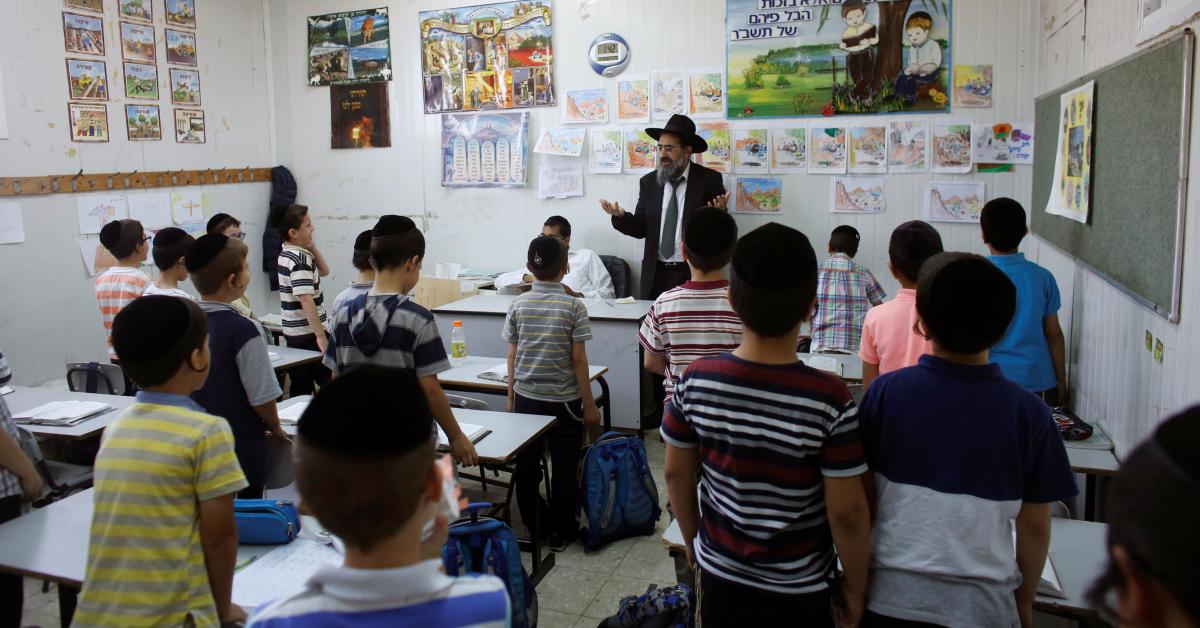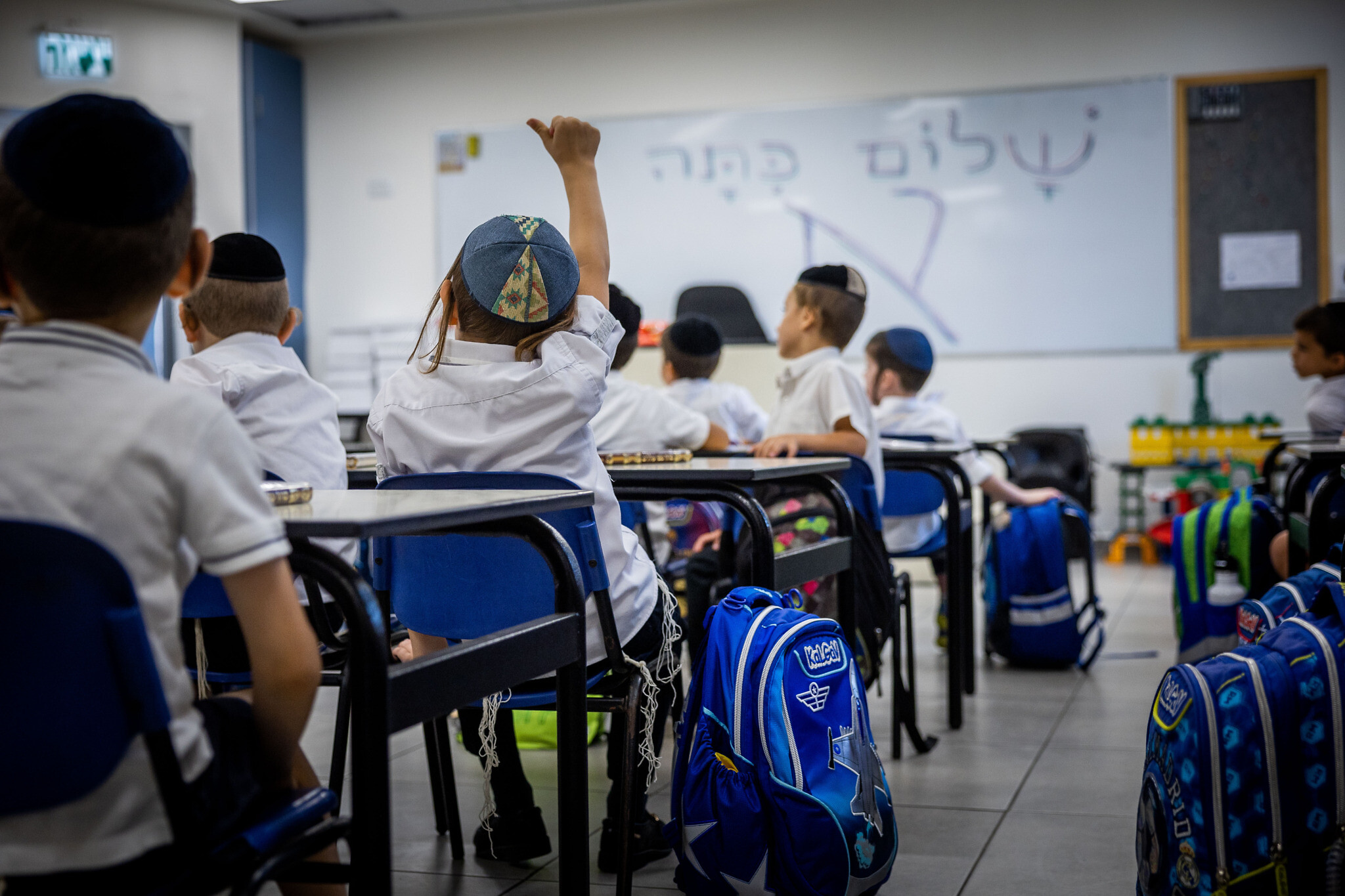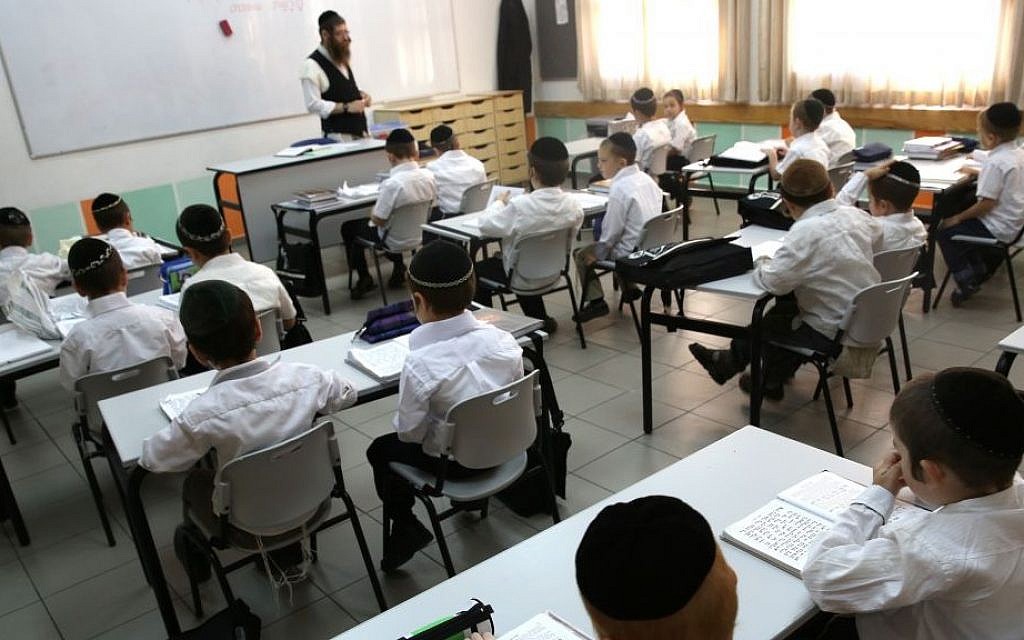
In the Israeli education system, 30% of students are Haredi, with 84% of them failing to study core subjects such as mathematics and English. These figures are included in the State Comptroller’s report on the religious education system.
Evaluation of the educational system in religious schools: challenges and prospects
Most schools where Haredi children study are private institutions owned by various organizations (hamutot) that hire teachers and formulate curricula. As noted in the State Comptroller’s report, almost all boys in middle and high school did not study basic subjects such as mathematics, English and others necessary for a full education and a successful future. At the same time, 56% of them partially studied these subjects, but did not reach the full level of mastery.
This raises serious questions about the quality of education in religious schools and providing students with the necessary knowledge and skills for successful adaptation in society and professional growth. A lack of focus on basic subjects can also prevent Haredim from obtaining skilled jobs and participating in the country’s economic life.

This report stimulates debate on reforming the religious education system, including issues of curriculum standardization, teacher qualifications and access to a wide range of subjects necessary for harmonious personal development and a successful career. Religious schools in Israel are in the center of public attention due to the lack of government control. This raises serious questions about the quality of education and its compliance with standards.
Problems of “bagrut” and mathematics: a review of religious education in Israel
According to data obtained from the State Comptroller’s report, about three quarters of students in religious schools are taught in conditions where there is no transparency about who their teachers are and how the quality of education compares with government requirements.
One of the most concerning factors is the low proportion of students receiving the matriculation certificate (“bagrut”). Only 13% of boys and 21% of girls from religious schools receive this document, raising questions about the preparation of students for further education and professional careers.

A particularly worrying factor is the lack of “bagrut” in mathematics among 95% of mathematics teachers in haredi boys’ schools. This can have a significant impact on students’ educational attainment and understanding of basic math concepts.
In light of these findings, there is a need for serious discussion and reform of the religious education system. State control and the establishment of educational standards should become priorities to ensure the high-quality and comprehensive development of the younger generation in Israel.
